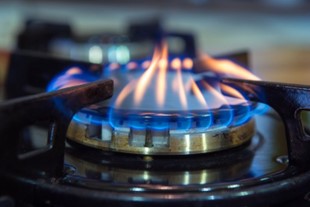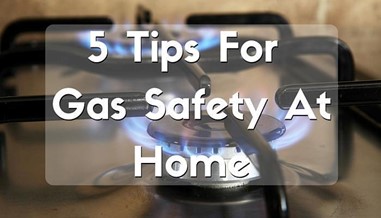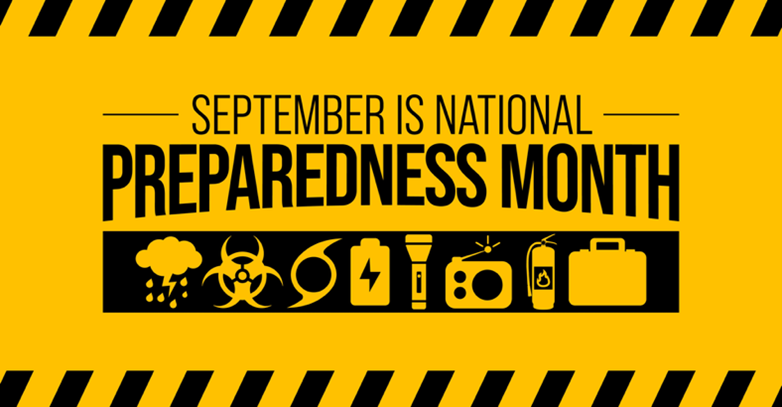When a Natural Gas Leak Is Suspected
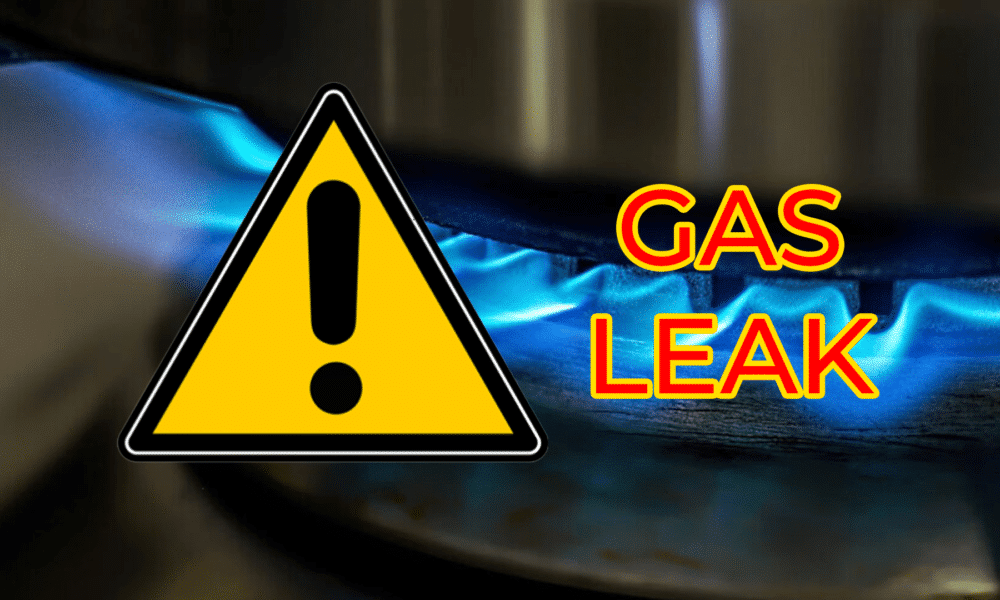
Immediately evacuate the area, then from a safe location, call 911 and your gas provider.
Recognizing a Natural Gas Leak

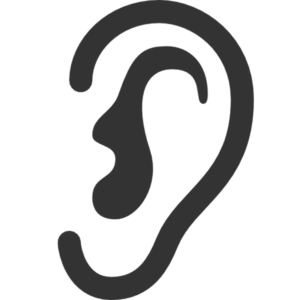

- If you see a dry patch of grass, dirt blowing, water boiling, a damaged connection to a natural gas appliance, or fire close to a pipeline.
- If you hear unusual sounds such as whistling or hissing.
- If you smell the distinctive odor (Rotten Eggs) of natural gas.
Using All Your Senses
Even though mercaptan is added to natural gas to aid in identification, you might not be able to detect gas leaks with your nose if:
- Your sense of smell has decreased.
- You’re suffering from olfactory fatigue, which is the common, transient incapacity to detect an odor following extended exposure.
- You suffer from a bodily ailment like allergies, a sinus infection, or a common cold.
- The use of drugs, alcohol, tobacco, and certain prescription medications.
- Other smells in the area cover up or obscure the smell.
It’s important to be able to recognize gas leaks even if you can’t smell them.
Handling a Possible Natural Gas Leak
If you don’t smell a gas leak but you see other indications of a leak or hear the hissing sound gas can make:
- Immediately Evacuate the area and call 911 and your local Natural Gas Operator from a safe location.
- DON’T use any type of ignitor, such as a match, lighter or electric sparker.
DON’T operate motorized equipment or vehicles, turn on or off lights or appliances, or use any other item that could cause a spark.





